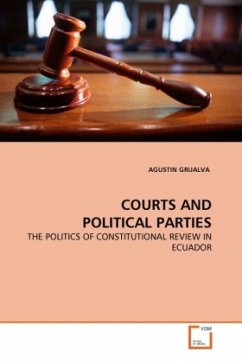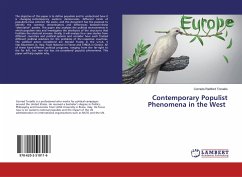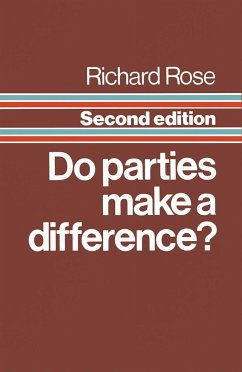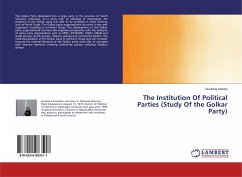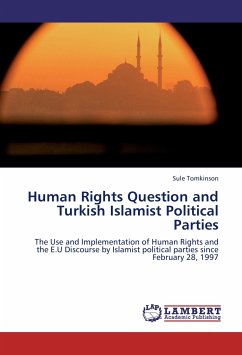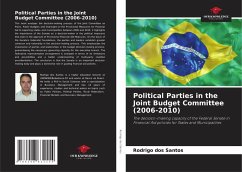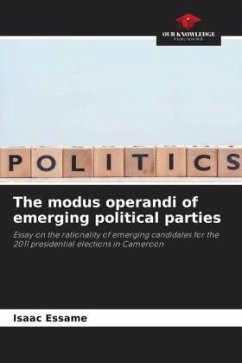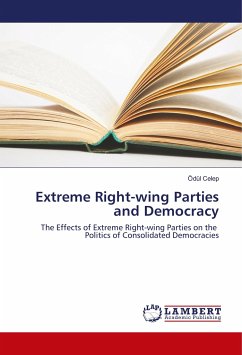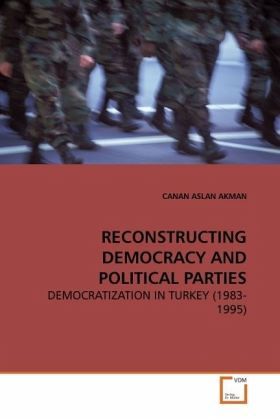
RECONSTRUCTING DEMOCRACY AND POLITICAL PARTIES
DEMOCRATIZATION IN TURKEY (1983-1995)
Versandkostenfrei!
Versandfertig in 6-10 Tagen
52,99 €
inkl. MwSt.

PAYBACK Punkte
26 °P sammeln!
Studies of democratization in the 1980s and 1990safter the second-wave of military regimes across theworld investigated the process from various angles,each focusing on its specific dimensions and actors.This study analyzes the Turkish experience ofre-democratization preceded by a relatively shortmilitary regime (1980-1983) from the perspective ofpolitical parties. It deals with both the trajectoryof democratization and the reconstruction ofpolitical parties as institutions. Turkishdemocratization has turned out to be a protractedprocess extending into the late 1990s and evencontinuing today--...
Studies of democratization in the 1980s and 1990s
after the second-wave of military regimes across the
world investigated the process from various angles,
each focusing on its specific dimensions and actors.
This study analyzes the Turkish experience of
re-democratization preceded by a relatively short
military regime (1980-1983) from the perspective of
political parties. It deals with both the trajectory
of democratization and the reconstruction of
political parties as institutions. Turkish
democratization has turned out to be a protracted
process extending into the late 1990s and even
continuing today--, and it has unfolded through a
series of political reforms. While the Turkish
military has retained its tutelary and supervisory
role, political parties emerged as the critical
actors in the reform process. This study looks
closely into the identities and strategies of
Turkey s major political parties and party elites who
held power in the first decade after the transition
from military rule. It analyzes how parties have met
the double challenge of institutionalizing and of
democratizating the political system amidst internal
and external pressures.
after the second-wave of military regimes across the
world investigated the process from various angles,
each focusing on its specific dimensions and actors.
This study analyzes the Turkish experience of
re-democratization preceded by a relatively short
military regime (1980-1983) from the perspective of
political parties. It deals with both the trajectory
of democratization and the reconstruction of
political parties as institutions. Turkish
democratization has turned out to be a protracted
process extending into the late 1990s and even
continuing today--, and it has unfolded through a
series of political reforms. While the Turkish
military has retained its tutelary and supervisory
role, political parties emerged as the critical
actors in the reform process. This study looks
closely into the identities and strategies of
Turkey s major political parties and party elites who
held power in the first decade after the transition
from military rule. It analyzes how parties have met
the double challenge of institutionalizing and of
democratizating the political system amidst internal
and external pressures.



